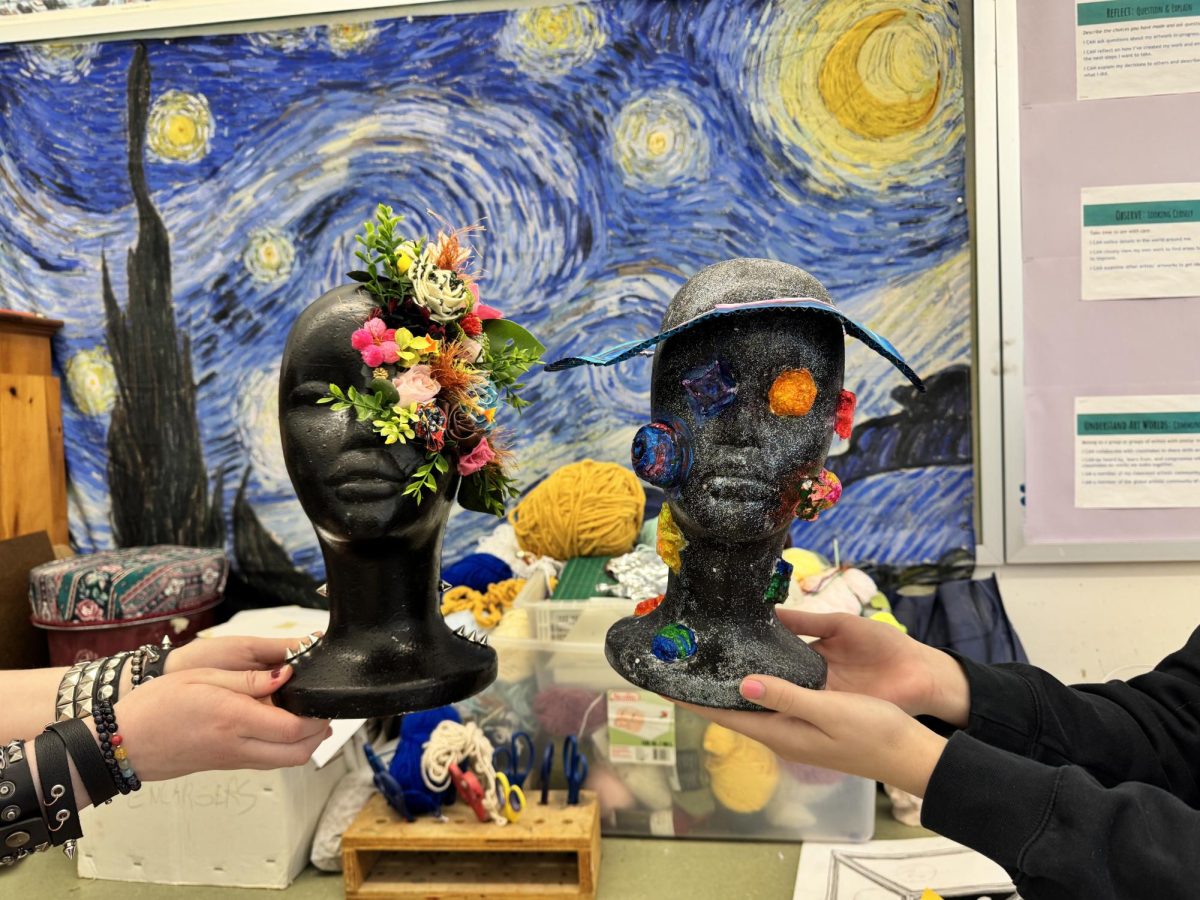by Elizabeth DiLauro
People in the United States often do not understand how different their health care experience is from other countries, but sophomore Sam McLaughlin got to experience the difference first hand for two weeks. She went to Mtunthama in Malawi as part of the program Bridges to Malawi. This organization’s goal is for students to understand what health care is like in other countries and at the same time for them to help to improve the medical care there.
McLaughlin was one of 14 students who participated in this program.
As they explain on Bridges to Malawi’s website, Malawi is one of the world’s “least developed countries,” and it “depends heavily on outside aid to meet development needs.” One of those needs is health care. Malawi is a country in southeastern Africa that has a life expectancy of 59 years. According to UNAIDS, 1.1 million people in Malawi lived with HIV in 2014.
In Malawi their hospitals are the size of a classroom. They are old and rundown with patients that are extremely sick. To get medical attention it requires more money than the people can afford. They either stay in the hospital until they can afford to pay off their treatment, or they will wait until they are extremely sick before seeking the care they need.
The program Bridges to Malawi tries to provide the health care that they do not have.
In villages the students set up a clinic to treat patients and to provide medicine.
“They all were very nice and grateful we were there to help them,” McLaughlin said. “I feel like they get a lot of help there, but just knowing that people are there for them, they get very excited.”
The people treated the students like doctors even though they do not have medical degrees.
Each day students would wake up at six in the morning, learn about what happened during the night, do rounds in the pediatric and adult ward, play with orphans or run the outreach clinics.
During her two-week stay, McLaughlin noticed the differences between the United States and Malawi.
“Here everyone gets health care even if it’s not a lot, but everyone gets a baseline. In Malawi they really don’t have health care,” McLaughlin states.
Due to the lack of health care, the people were susceptible to malaria and other diseases like meningitis.
McLaughlin got the chance to observe a doctor giving a spinal tap to a little boy with meningitis and saw people who had severe malaria and were treated with IVs and O2 treatments. They watched doctors drain abdomens, tumors, and cysts.
Through all of those experiences, McLaughlin’s thoughts on what she wants to do in the future changed.
“I still think I want to work in the medical field treating patients, but it opened my eyes to the fact that I get a bit queasy around blood and surgery, so I might want to spend more time in the lab part of it.”
Overall, McLaughlin says that she was inspired by the optimism in the face of adversity that her patients had.
“For their treatment they don’t have the proper medicine, and they have a lot of shortages. But they are also going through all the famine and food shortages and just their housing and stuff. They still are getting by, and they are happy with what they have even though compared to us they really don’t have anything. But they are still happy.”
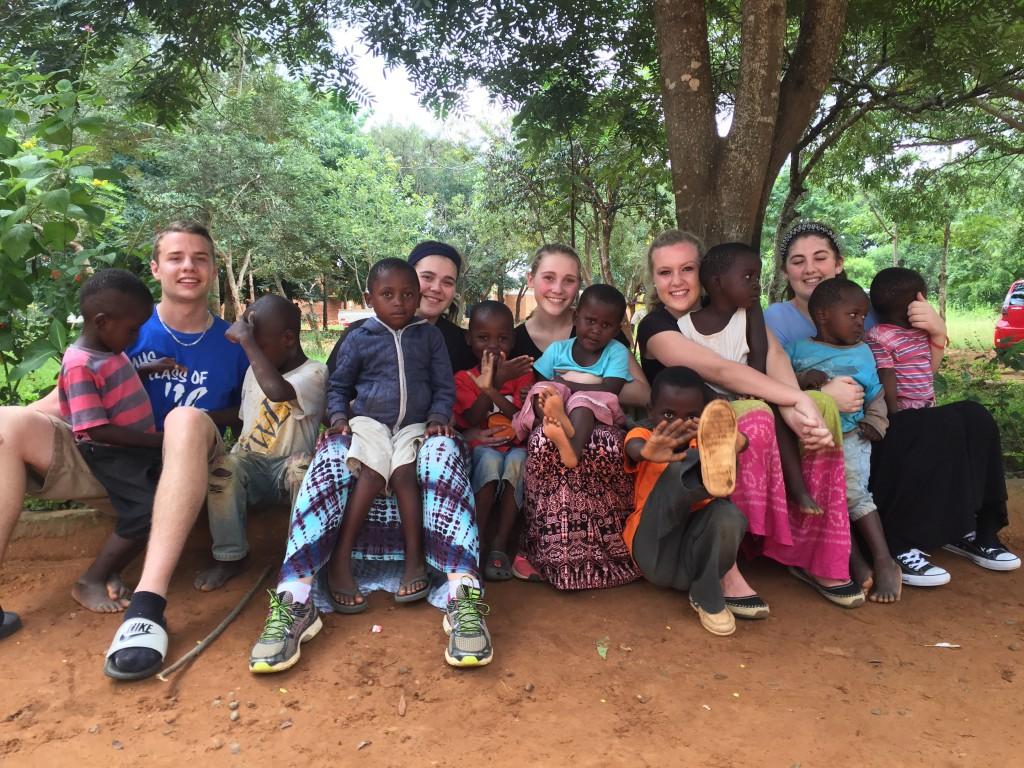
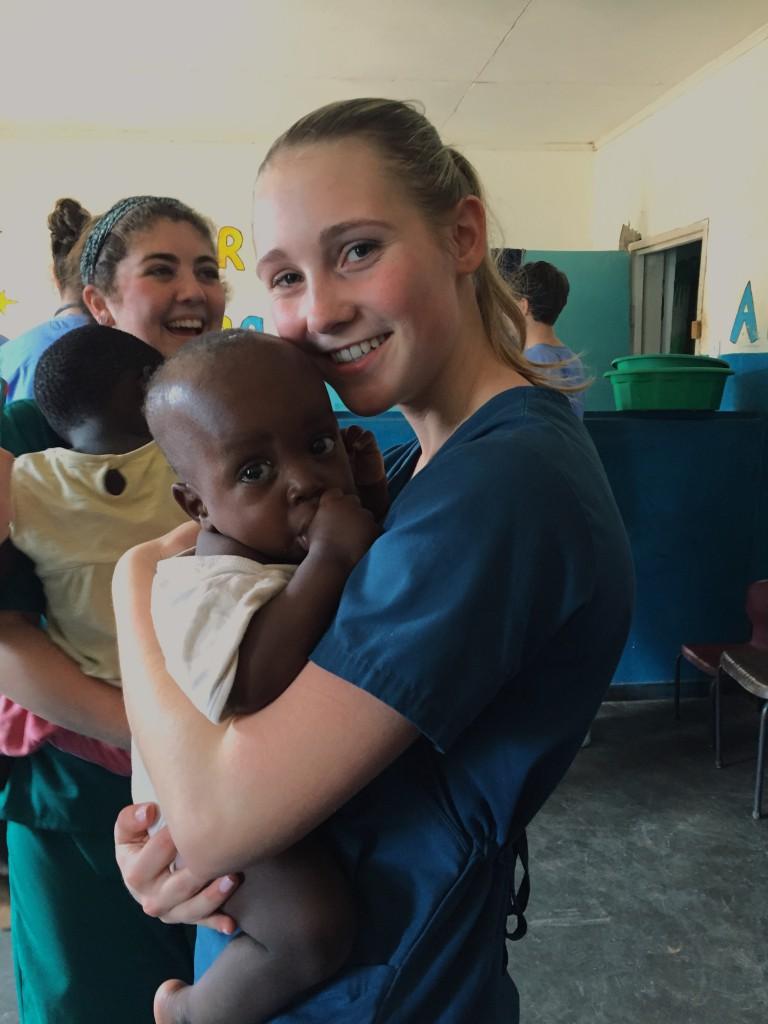
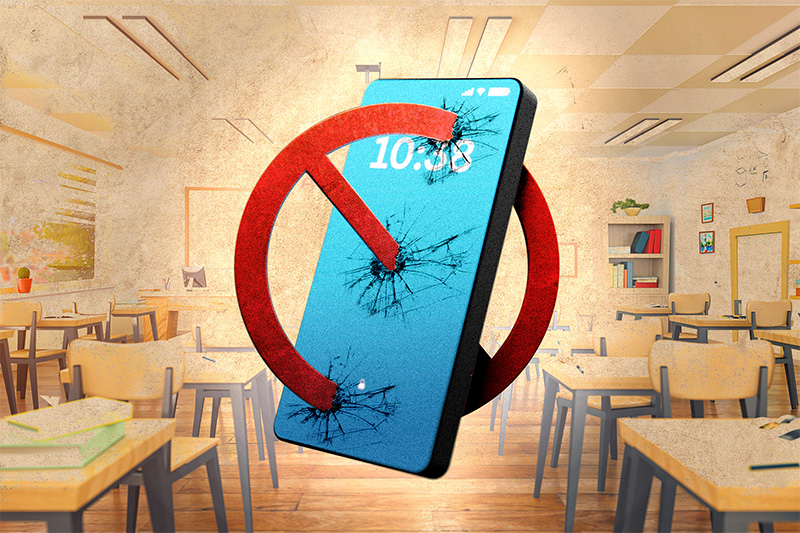
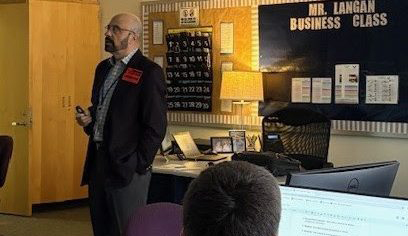
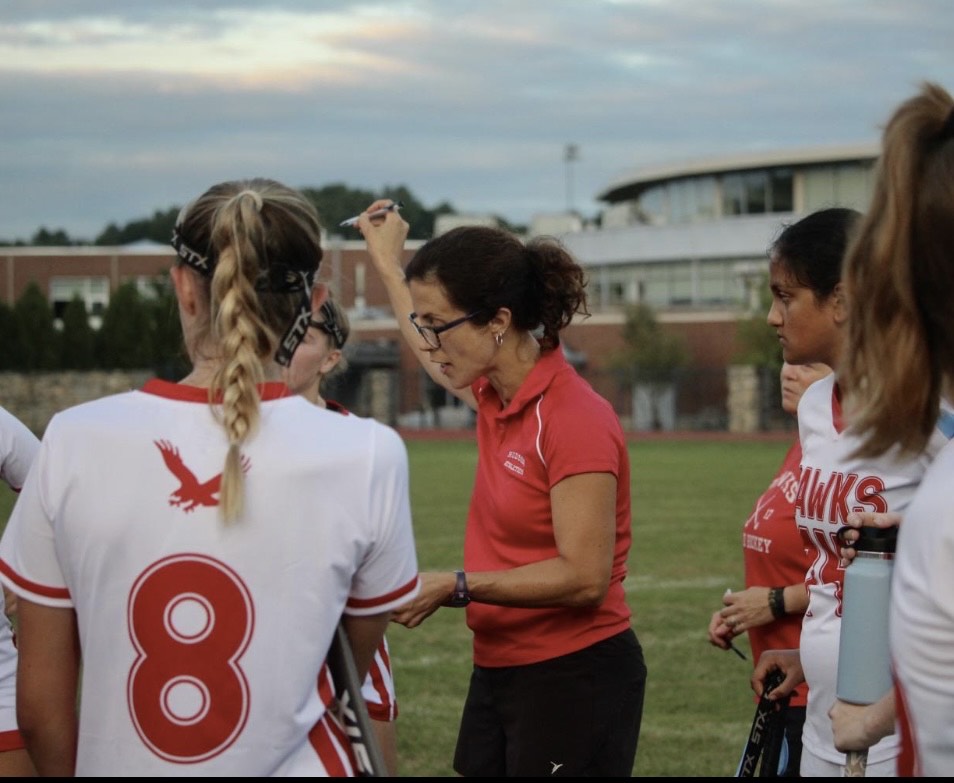

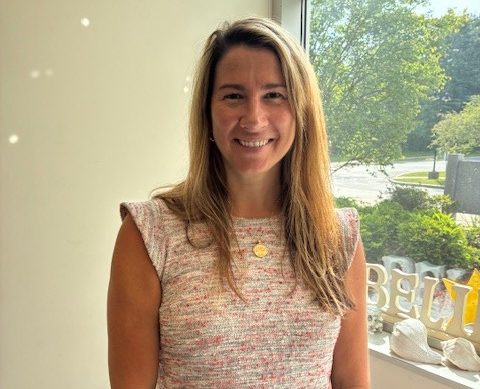



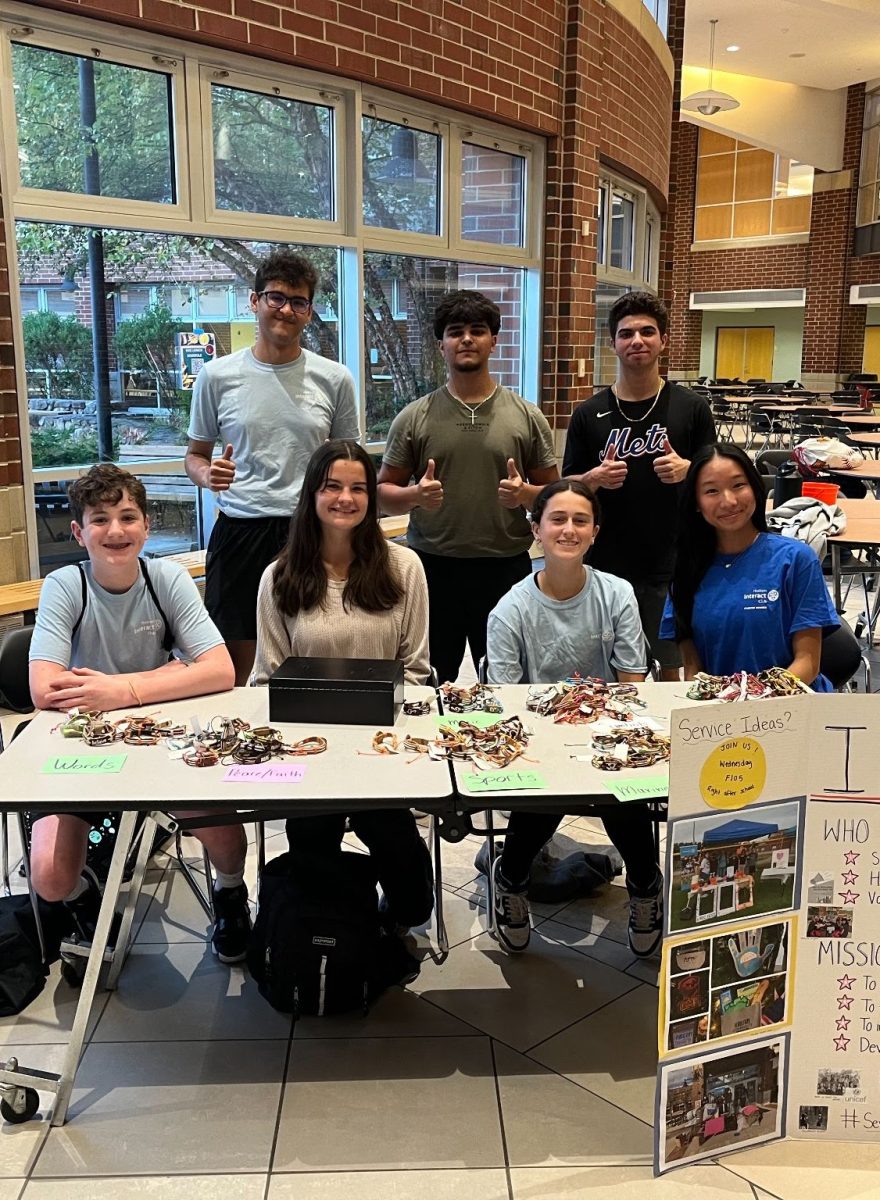
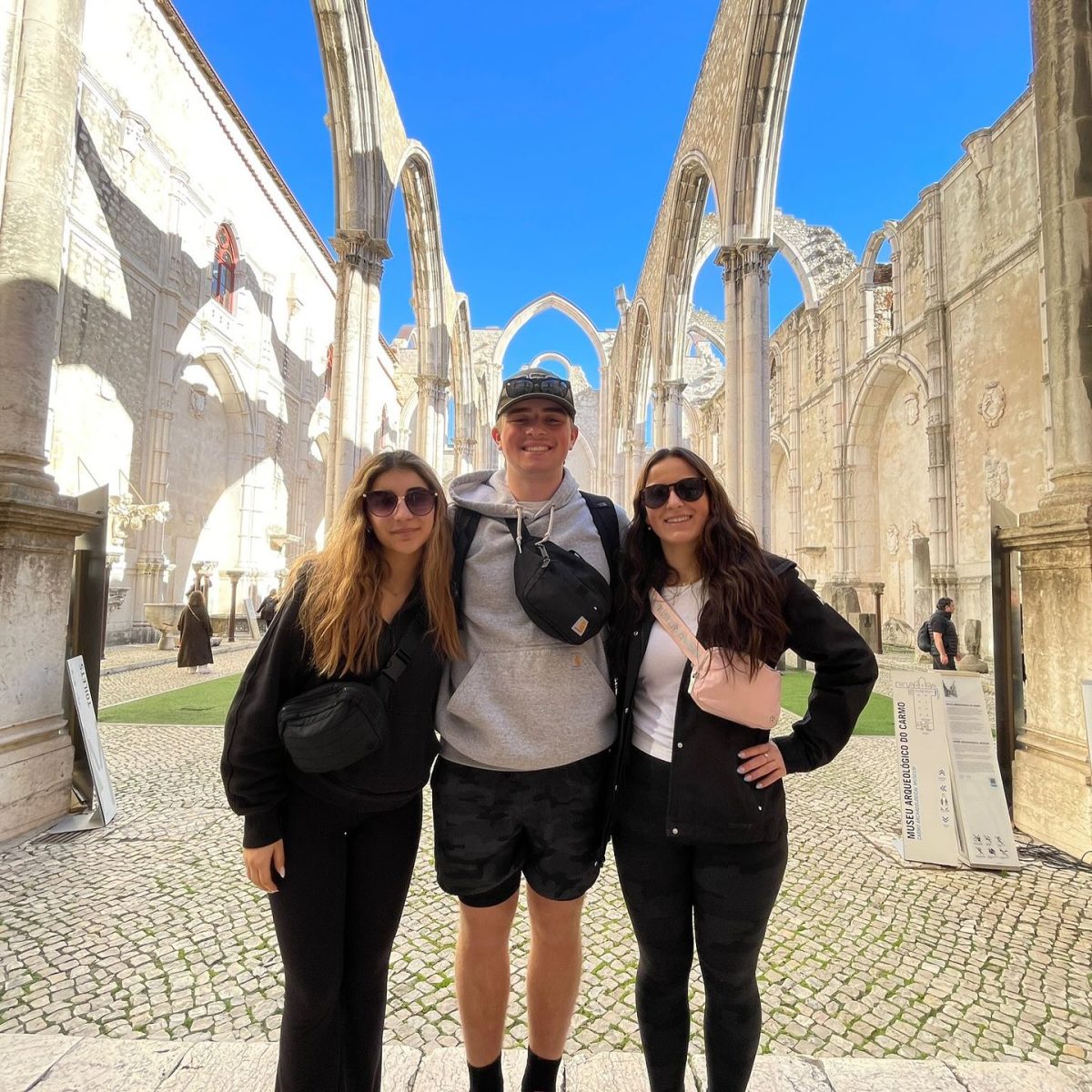


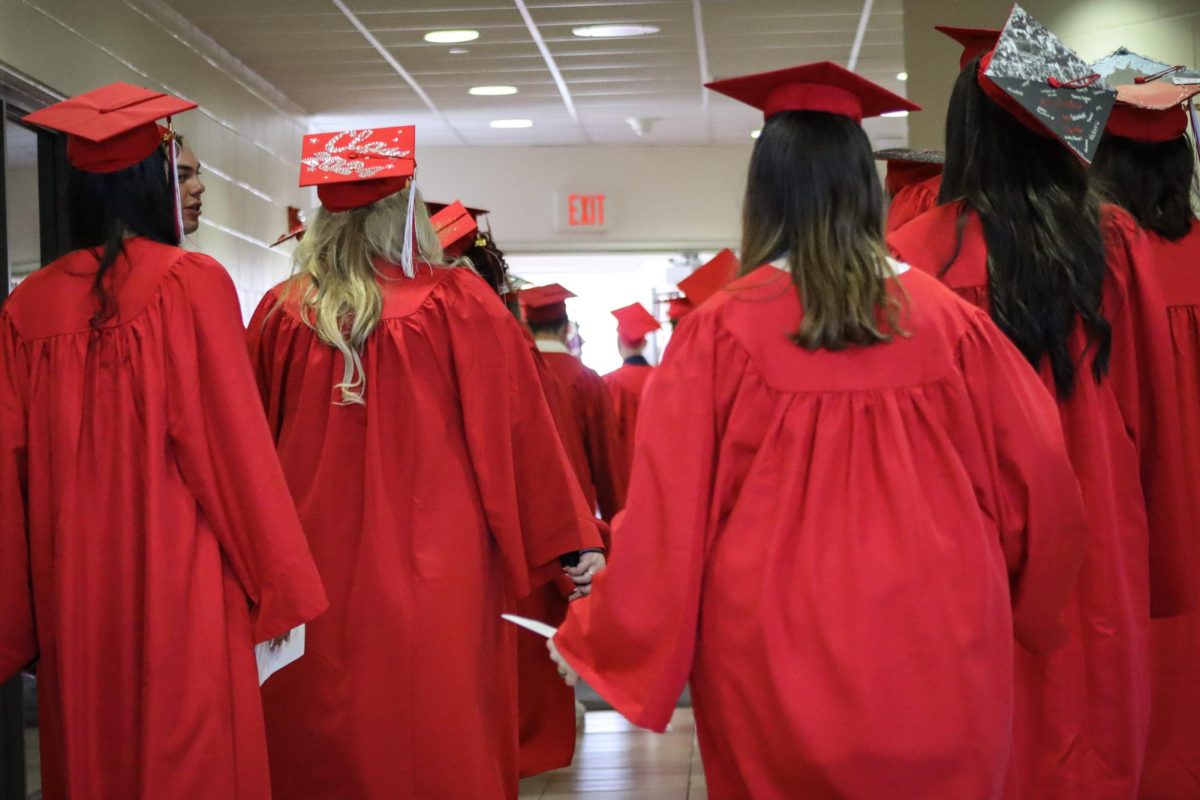
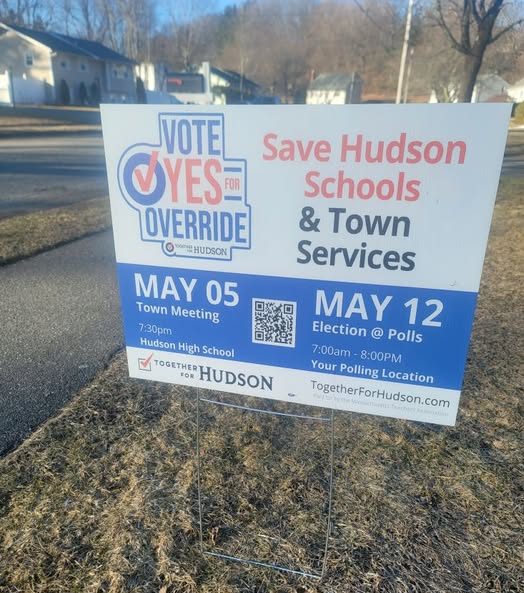
![Brazil's Neymar walks onto the pitch during his debut for Santos FC in a Sao Paulo league football match against Botafogo, in Santos, Brazil, Wednesday, February 5, 2025 [Andre Penner/AP]](https://bigredhawks.com/wp-content/uploads/2025/04/Neymar-is-Back-e1743558992671.jpg)

